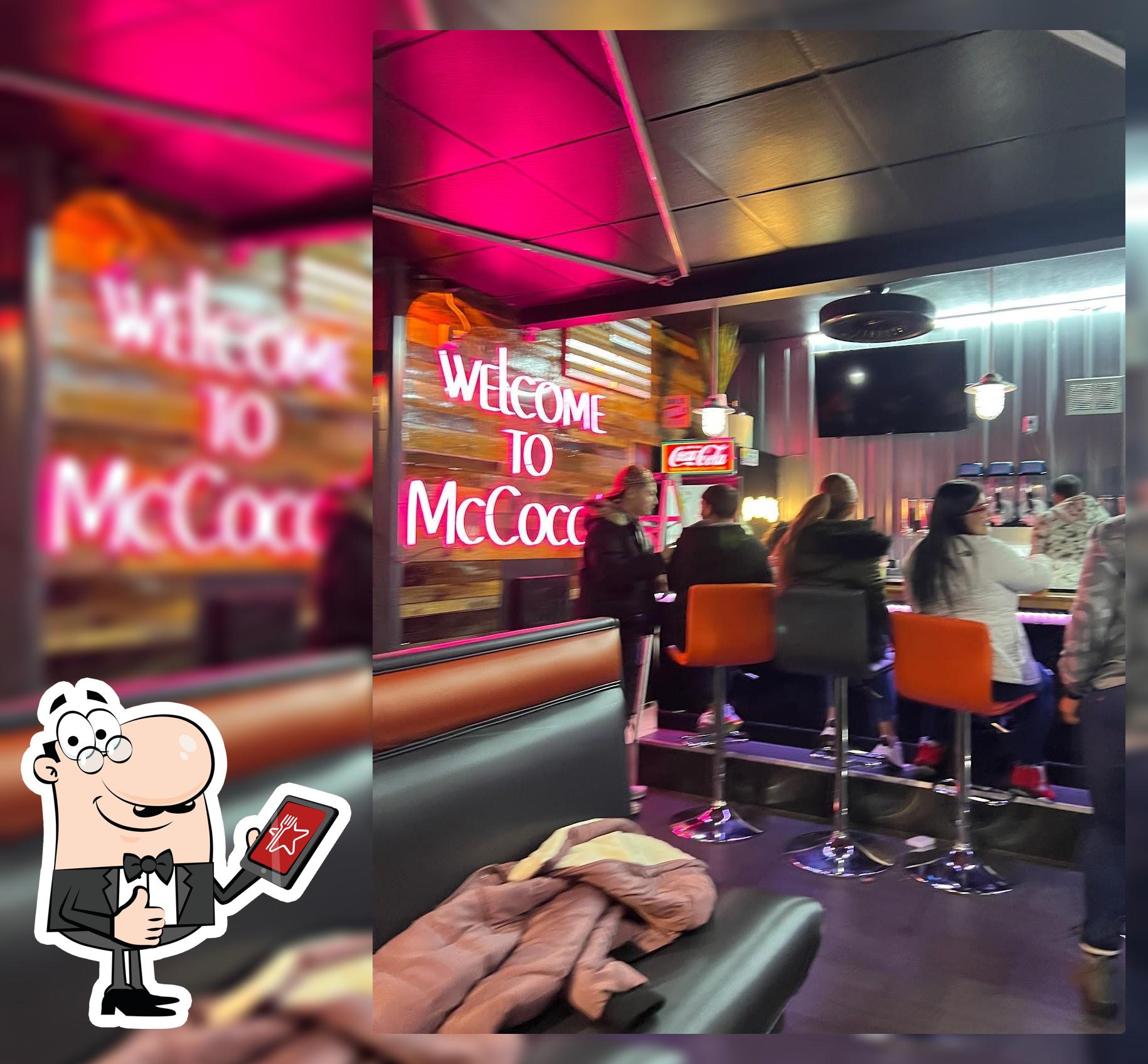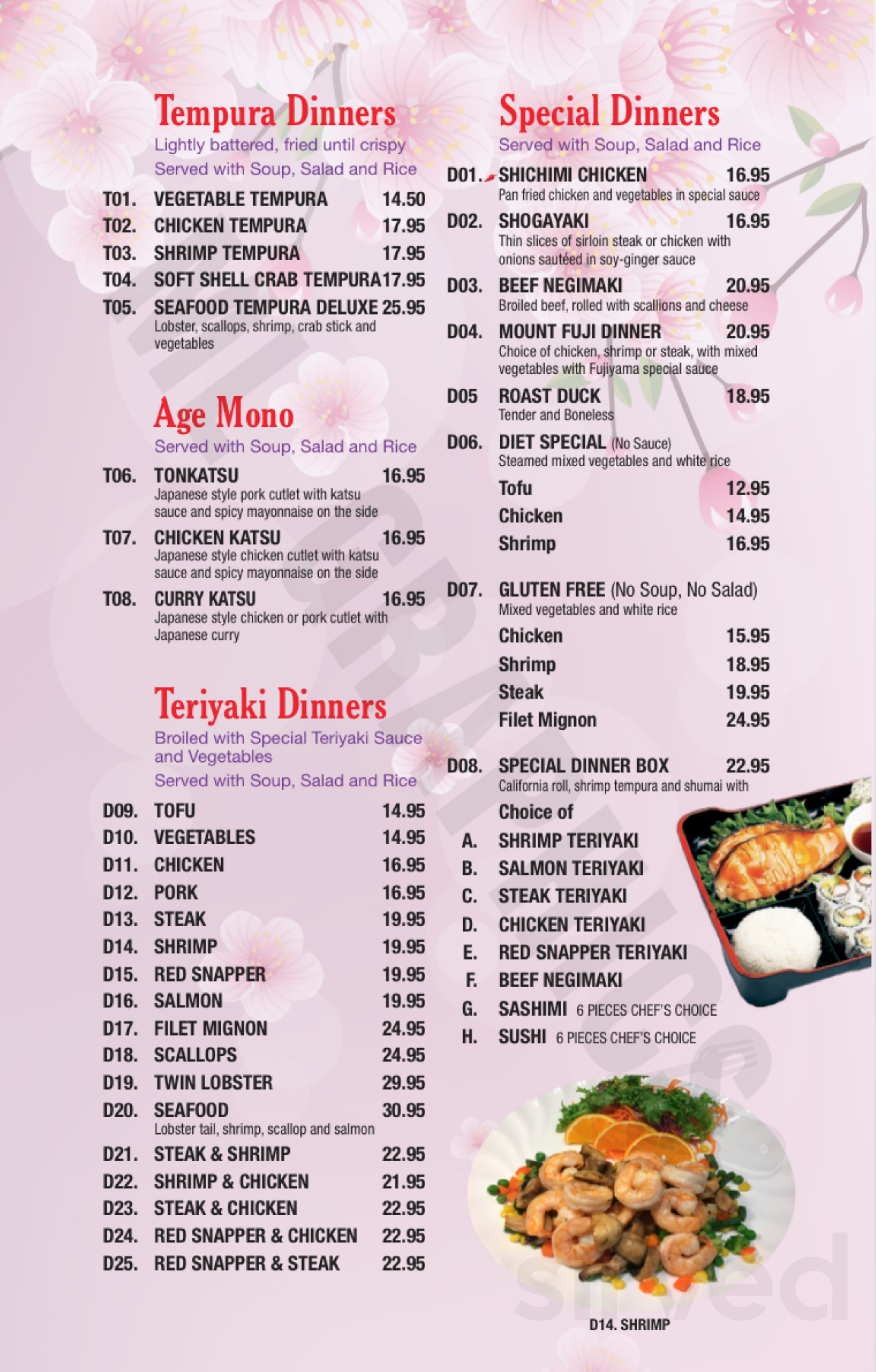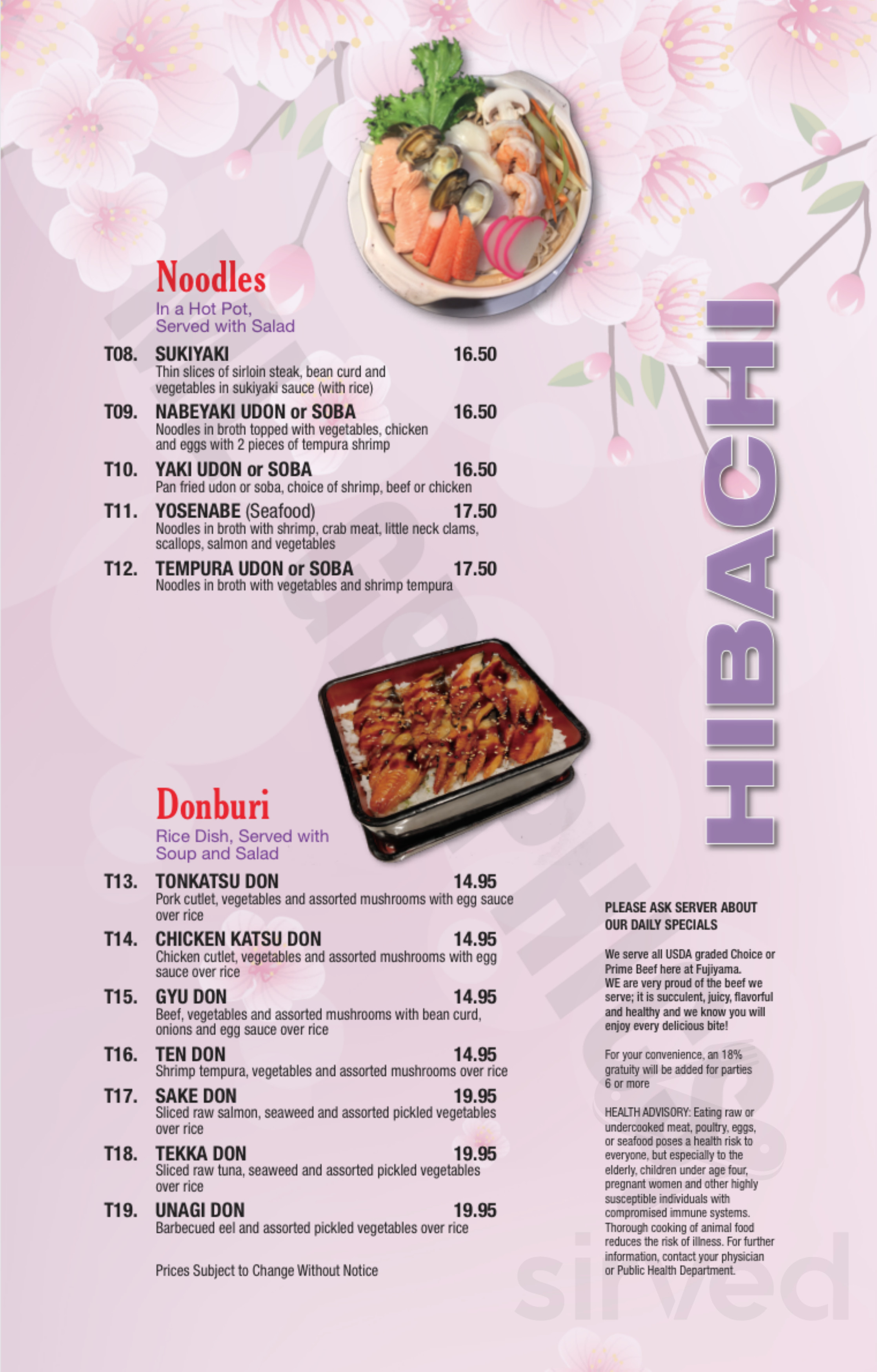AI-Generated Content
This article has been created using advanced AI technology to provide you with informative and engaging content.
AI-Curated Resources:
Have you ever stopped to think about how names come to be, especially when they seem to combine different places or ideas? It's a curious thing, really, how a name like "Fujiyama West Allis" might pop up, making you wonder what the story behind it could be. We often hear things and just accept them, yet sometimes a phrase comes along that makes you pause and consider its origins, like this one, so it's almost a little puzzle.
The way we talk about places, or even things, can be quite varied, and it changes depending on who you are speaking with or where you happen to be. What one person calls something, another might refer to it in a slightly different way, and both could be perfectly fine. This kind of flexibility in language is quite common, and it helps us see how words adapt over time, or how local customs shape how we name parts of our surroundings, or even businesses.
This discussion about "Fujiyama West Allis" gives us a nice chance to look closer at how names work, particularly those with a bit of a story. We can explore the roots of words, how they are used in different settings, and why sometimes what seems like a simple name actually holds layers of meaning. It's about how language shapes our understanding of a place, or a concept, and how a name can spark a lot of thought, you know, about its background.
Table of Contents
- Is "Fujiyama" a Mistake or a Different Way to Say Things?
- The "Fujiyama West Allis" Connection
- What Does "Fujiyama" Truly Mean?
- Getting to the Root of "Fujiyama West Allis"
- How Does Language Shape What We Call Things?
- Local Talk and "Fujiyama West Allis"
- Why Do Different Words Mean the Same Thing Sometimes?
- The "Fujiyama West Allis" Word Puzzle
Is "Fujiyama" a Mistake or a Different Way to Say Things?
It's interesting to consider how a name like "Fujiyama" might appear, especially when you think about its more widely recognized form, Mount Fuji. Some people might come across "Fujiyama" and wonder if it's a mix-up, or perhaps a less precise way of referring to that well-known peak. You might even find a book or a piece of writing that uses "Fujiyama," leading you to question if it was just an oversight by the writer or if there is something more to it, a different way of speaking about it, as a matter of fact.
The common understanding is that in Japan, people do not typically call their famous mountain "Fujiyama." They usually have a different name for it, one that is heard much more often in everyday conversation and in formal settings. This difference in how something is named can sometimes make us think that one way is correct and the other is not, but often, language has room for variations, or different ways of expressing the same idea, you know?
It brings up a good point about how language evolves and how certain terms become the accepted standard in one place, while other terms might still exist, perhaps from an older time or a different way of speaking. So, when we see "Fujiyama," it might not be a mistake at all, but rather a reflection of how words can have different forms or how they might be understood outside of their original setting, which is quite fascinating, really.
- Spiderman Sophie Rains Video Adventure Unveiled
- Sfilx Sflix.bitbucket.io
- Matt Kaplan Net Worth
- Scary Phone Numbers
The "Fujiyama West Allis" Connection
Thinking about how "Fujiyama" might be used outside of its usual context makes us consider how names from one culture can find a place in another. When we hear "Fujiyama West Allis," it makes us think about how a piece of Japanese culture, in name form, might appear in a place like West Allis. It's not about whether it's right or wrong, but rather about how different parts of the world connect through language and naming, which is pretty cool.
Perhaps a business or a place in West Allis decided to use "Fujiyama" in its name for a particular reason, maybe to suggest a certain type of experience or product. This kind of naming choice shows how people borrow from other cultures to create something new and distinct. It is a way of giving a local spot a touch of something from far away, creating a unique identity for that "Fujiyama West Allis" presence, or whatever it might be, actually.
This combining of names, like "Fujiyama" with "West Allis," tells a story about how cultures meet and mix. It shows that words can travel, taking on new meanings or associations in different surroundings. It is a way of bringing a piece of the world to a local area, making the name "Fujiyama West Allis" a symbol of this cultural exchange, in some respects, which is pretty neat.
What Does "Fujiyama" Truly Mean?
To get a better grip on why "Fujiyama" might be used, it helps to look at where the word comes from. The term "Fujiyama" is made up of two parts: "Fuji" and "yama." The "yama" part is pretty straightforward; it simply means "mountain." So, when you put them together, you get "Fuji mountain," which makes a lot of sense when you are talking about Japan's most famous peak, you know, in a way.
Understanding the individual pieces of the word helps us see its basic meaning. It is like taking apart a toy to see how it works; once you see the parts, the whole thing makes more sense. This breakdown helps clarify that "Fujiyama" is not some mysterious word, but rather a descriptive term, just put together from two common words. It is, in a sense, a very direct way of describing a mountain called Fuji, which is pretty clear.
Even though the common way to refer to the mountain in Japan might be different, the meaning behind "Fujiyama" is quite clear when you look at its parts. It shows how language builds up from smaller pieces, and how knowing those pieces can help you understand even less common forms of a word. So, while "Fujiyama" might not be the typical Japanese phrasing, its meaning is very much tied to its simple components, which is a good thing to remember.
Getting to the Root of "Fujiyama West Allis"
When we consider the meaning of "Fujiyama" and then see it paired with "West Allis," it makes us think about the purpose of such a combination. Why would someone choose to put these two words together? It might be to bring a sense of the "Fuji mountain" idea, perhaps its beauty or its cultural importance, to a specific location in West Allis, which is an interesting thought.
The name "Fujiyama West Allis" could be a way of creating a unique identity, something that stands out. By combining a well-known name from afar with a local place, it gives the name a special character. It is like giving a local spot a bit of an exotic touch, making it more memorable and giving it a story to tell, which is a smart move, basically.
This kind of naming practice shows how words are used not just for their literal meaning, but also for the feelings and ideas they bring to mind. "Fujiyama West Allis" then becomes more than just a name; it becomes a blend of cultures and a reflection of how places can take on new identities through the words we use to describe them, which is kind of cool, really.
How Does Language Shape What We Call Things?
Language is a living thing, always changing and adapting, and this really shows in how we name things. What one group of people calls something might be quite different from what another group calls it, even if they are talking about the exact same item or place. This variation is not about one way being better, but about how different communities develop their own ways of speaking and naming, which is pretty natural, you know.
Think about how new words come into being, or how old words take on new meanings over time. The way we speak influences how we see the world around us, and the names we use are a big part of that. A name is not just a label; it carries history, culture, and a certain feeling. So, the words we pick for things, or places, really do shape how we think about them, which is something to consider.
This idea extends to how places get their names, too. A town might be named after a person, a natural feature, or an event. These names become part of the place's identity, influencing how people feel about it and how they talk about it. It shows that language is a powerful tool for shaping our understanding of the world, and it is always evolving, which is quite fascinating, really.
Local Talk and "Fujiyama West Allis"
In a place like West Allis, local ways of speaking and naming are just as important as anywhere else. When a name like "Fujiyama West Allis" appears, it could be a sign of how local culture blends with influences from other parts of the world. It shows that people in West Allis are open to new ideas and new ways of expressing themselves, which is a good thing.
The way people in a specific area talk about things, their local slang or common phrases, really shapes the character of that place. "Fujiyama West Allis" could be a local term, or a business name, that has become part of the local conversation. It is a piece of the verbal fabric of the community, showing how language is used to create a unique identity for a place, which is pretty cool.
This kind of local naming helps to build a sense of belonging and shared understanding within a community. When you hear "Fujiyama West Allis," it becomes something that people in that area might recognize and understand in a particular way. It is a small example of how language helps to define a place and its people, in some respects, which is quite interesting.
Why Do Different Words Mean the Same Thing Sometimes?
It is a common thing in language that you can say the same idea in a few different ways, and people will still get what you mean. Take, for instance, the example of receiving roses on your birthday. You could say, "誕生日にバラの花を貰った" (Tanjoubi ni bara no hana wo moratta), which means "I received rose flowers on my birthday." Or, you could say, "誕生日にバラを貰った" (Tanjoubi ni bara wo moratta), which simply means "I received roses on my birthday." Both are perfectly natural ways to say it, and people usually picture the exact same thing, whether it is a single rose or a whole bunch, which is pretty neat.
This shows how flexible language can be. Sometimes, adding a word like "no hana" (which means "of flower") might make the phrase a little more descriptive, but it does not change the core message. It is like saying "a cup of coffee" versus "coffee"; both get the idea across, just with a slight difference in how they are said. This kind of variation is a natural part of how people communicate, and it gives language its richness, you know?
The fact that different phrases can convey the same meaning highlights how context and common understanding play a big role in how we interpret words. It means that even if a term like "Fujiyama" is not the most common way to refer to Mount Fuji, its meaning can still be clear because of the shared understanding of its parts and what it represents. This flexibility allows for different ways of speaking without losing the message, which is quite useful, really.
The "Fujiyama West Allis" Word Puzzle
Applying this idea of linguistic flexibility to "Fujiyama West Allis" helps us see it as less of a puzzle and more of an interesting way to combine words. Perhaps the choice of "Fujiyama" instead of "Mount Fuji" was a deliberate one, meant to give the name a certain feel or to simply use a variation that someone found appealing. It is a way of using language to create something unique, which is pretty clever.
The combination of "Fujiyama" and "West Allis" could be seen as a creative use of language, bringing together different elements to form a new identity. It is like taking two distinct ideas and blending them into one, creating a name that sparks curiosity and makes you think about its origins. This kind of wordplay is a common way that names become memorable and interesting, you know?
Ultimately, the "Fujiyama West Allis" phrase, whether it refers to a place, a business, or just a concept, serves as a good example of how language is used to connect different ideas and cultures. It shows that there is often more than one way to say something, and each way can carry its own subtle meaning or feeling, which is fascinating to consider, actually.
This exploration of "Fujiyama West Allis" has taken us on a little trip through language, from the specific meaning of "Fujiyama" to the broader idea of how names are formed and understood. We have looked at how different terms can mean the same thing, how local ways of speaking shape a place's character, and how cultural influences blend in naming. It is all about how words, like "Fujiyama West Allis," become part of our shared conversation and understanding.
AI-Enhanced Visual Content


